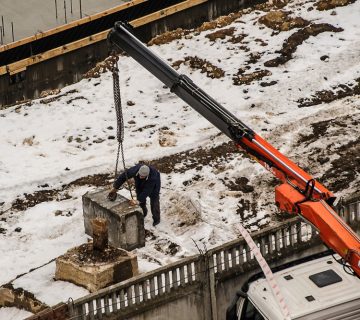It’s a must in today’s construction and building environment. A No Damage For Delay clause (NDFD) is an important protection for you as a builder, developer, or construction company. Here’s a useful backgrounder on exactly what an NDFD is, and how having one, or lacking one, can impact your important project.
Your lawyer should be thoroughly searching for ways to minimize risk to you and your company. A well-written contract will be your best protection, in the event of some unexpected occurrence during the execution of the work. An NFFD is an excellent inclusion in just about any construction contract.
What a No Damage For Delay Clause Does
An NDFD clause makes it very difficult — though not impossible — for contractors to submit claims for delays they encounter while on your project. You’re probably well acquainted with project delays — they can occur on either side of the fence — yours or your contractor’s. No matter what the source of delay, having the NDFD in place will protect you — the risk is turned over to the contractor and whatever subcontractors they may employ.
Wording of an NDFD Clause is Important
The language of your NDFD clause will determine its effectiveness should the need arise:
Specificity – the NDFD has to outline specific delay types – if a case goes to court, the wording of your NDFD will be examined closely.
The type of damage – time, money or both will be considered before any ruling on the matter in court.
It’s important to note that delays not anticipated by either the owner or the contractor are not covered by an NDFD.
How NDFDs are Judged in Court
Generally, including an NDFD is a move in your favor, should a dispute arise over construction delays. It’s not the whole story, however. There are instances where NDFD clauses do not apply and therefore do not offer protection — they have limits and these have been tested in California courts.
Make sure any work you plan to execute has contracts that offer you the maximum amount of protection. If you have any specific questions regarding a No Damage For Delay clause in your documents, contact us. We’d be happy to help.



